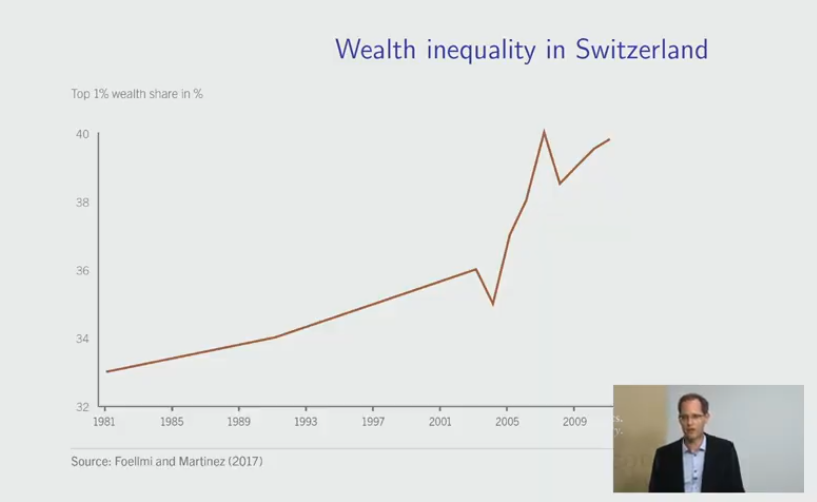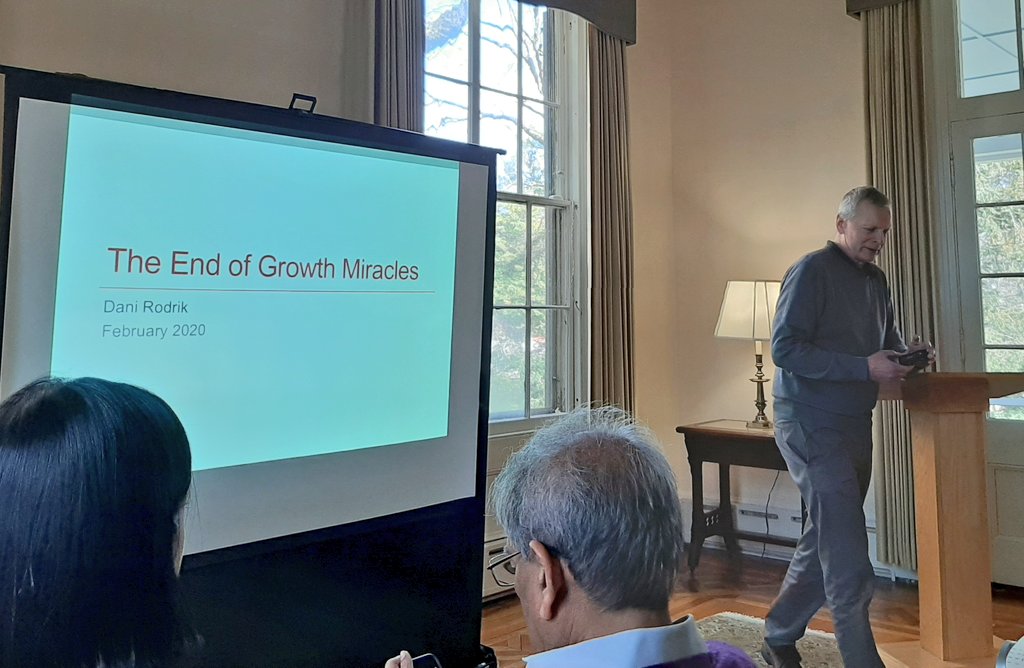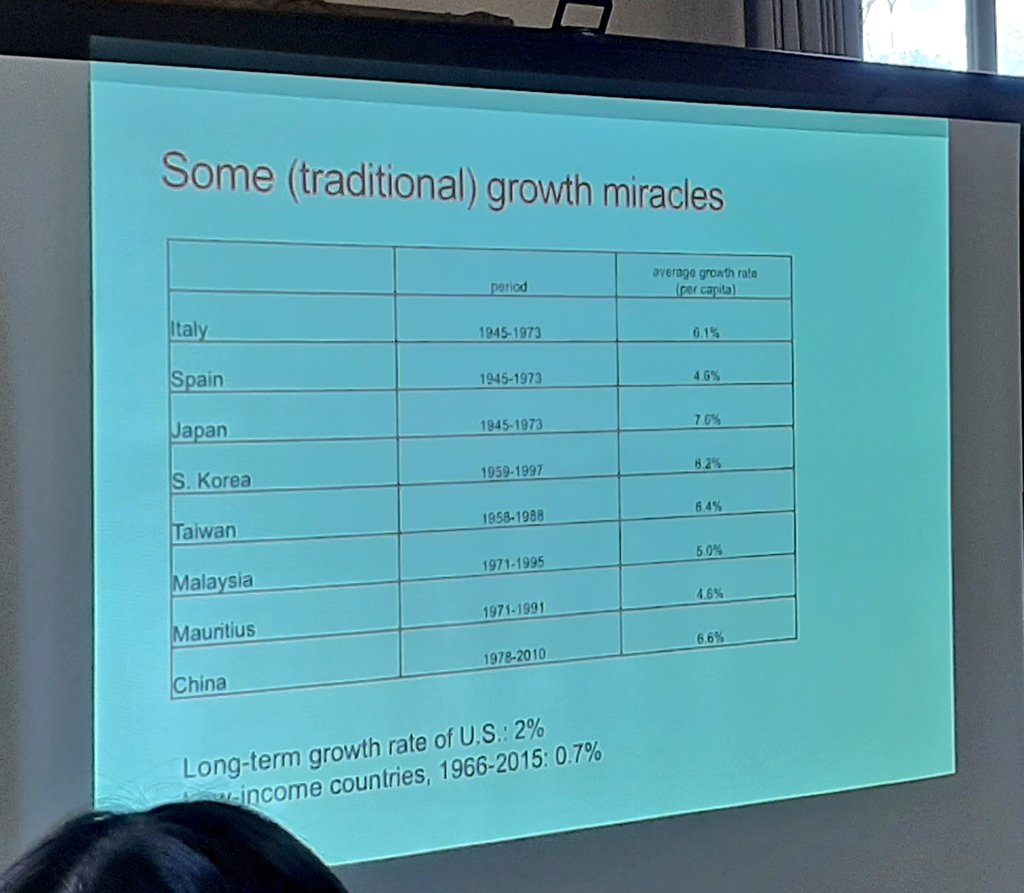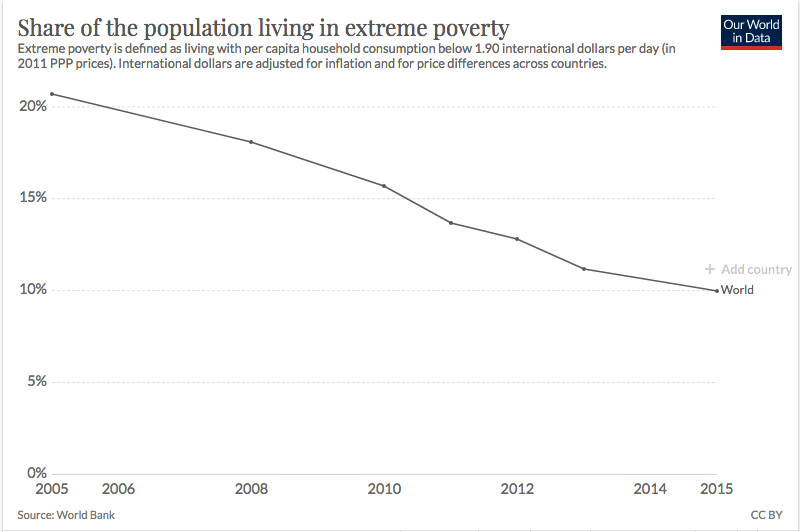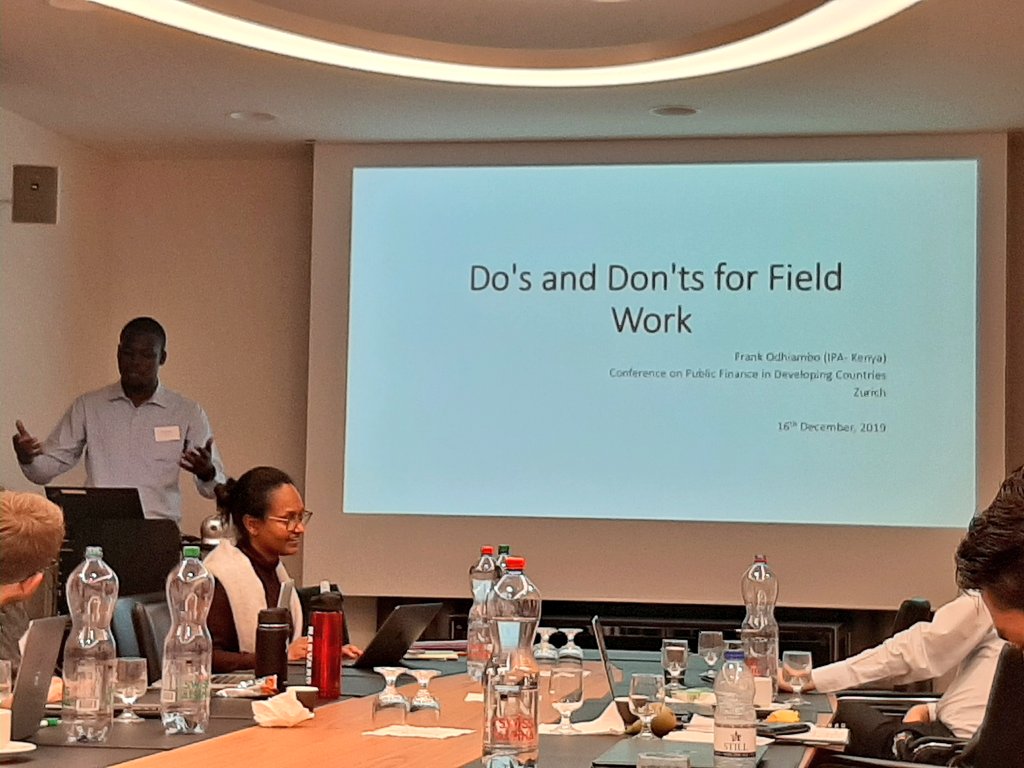
Excited to share a new working paper that's been years in the making:
"International Trade and Earnings Inequality: A New Factor Content Approach" with Rodrigo Adão, Paul Carrillo, Arnaud Costinot and Dave Donaldson.
Ungated version here: econ.uzh.ch/dam/jcr:839bc5…

"International Trade and Earnings Inequality: A New Factor Content Approach" with Rodrigo Adão, Paul Carrillo, Arnaud Costinot and Dave Donaldson.
Ungated version here: econ.uzh.ch/dam/jcr:839bc5…


This work builds on a previous and ongoing collaboration with the Ecuadorian tax authority, which made it possible to use very detailed anonymized administrative tax data to study in deeper ways how trade affects income inequality.
2/n
2/n
We combine firm-to-firm transaction data from the value added tax (VAT), firm-employee matched data from social security taxes, owner-firm matched data from firm registries, and firm-level import and export transaction records from customs.
3/n
3/n
This allows us to analyze how trade shocks flow
- from importing and exporting firms to other firms, as the VAT data allows tracing out the entire network of firms in the country
- from firms to employees through employment and salary payment
- from firms to firm owners
4/n
- from importing and exporting firms to other firms, as the VAT data allows tracing out the entire network of firms in the country
- from firms to employees through employment and salary payment
- from firms to firm owners
4/n
Together with theory, this information allows us to measure the export and import exposures of *individuals*—be they workers or capital owners— across the income distribution and, in turn, to infer the overall incidence of trade on earnings inequality.
5/n
5/n
The results show that international trade substantially raises inequality in Ecuador, especially in the upper half of its income distribution. In the absence of trade, top-income individuals would be relatively poorer. However, the empirical analysis also implies that...
6/n
6/n
...the drop in inequality that took place in Ecuador over the last decade would have been less pronounced if its economy had been subject to the same domestic shocks, but unable to trade with the rest of the world.
7/n
7/n
We are able to analyze the import and export channel separately. Export exposure in Ecuador is broadly pro middle-class, while import exposure tends to be pro-rich because Ecuadorian firms employing high-skill labor also import more intermediate goods.
8/n
8/n
To deal with potential endogeneity in the estimation of trade and the demand parameters, we construct shift-share instrumental variables that are driven by foreign shocks.
9/n
9/n
Results show that trade generates about 11% higher gains for those at the 90th percentile than those at the median
But openness also increased the fall in inequality caused by domestic shocks. Without trade, the 90-10 ratio of earnings would have decreased by 17% instead of 32%.
But openness also increased the fall in inequality caused by domestic shocks. Without trade, the 90-10 ratio of earnings would have decreased by 17% instead of 32%.
• • •
Missing some Tweet in this thread? You can try to
force a refresh







